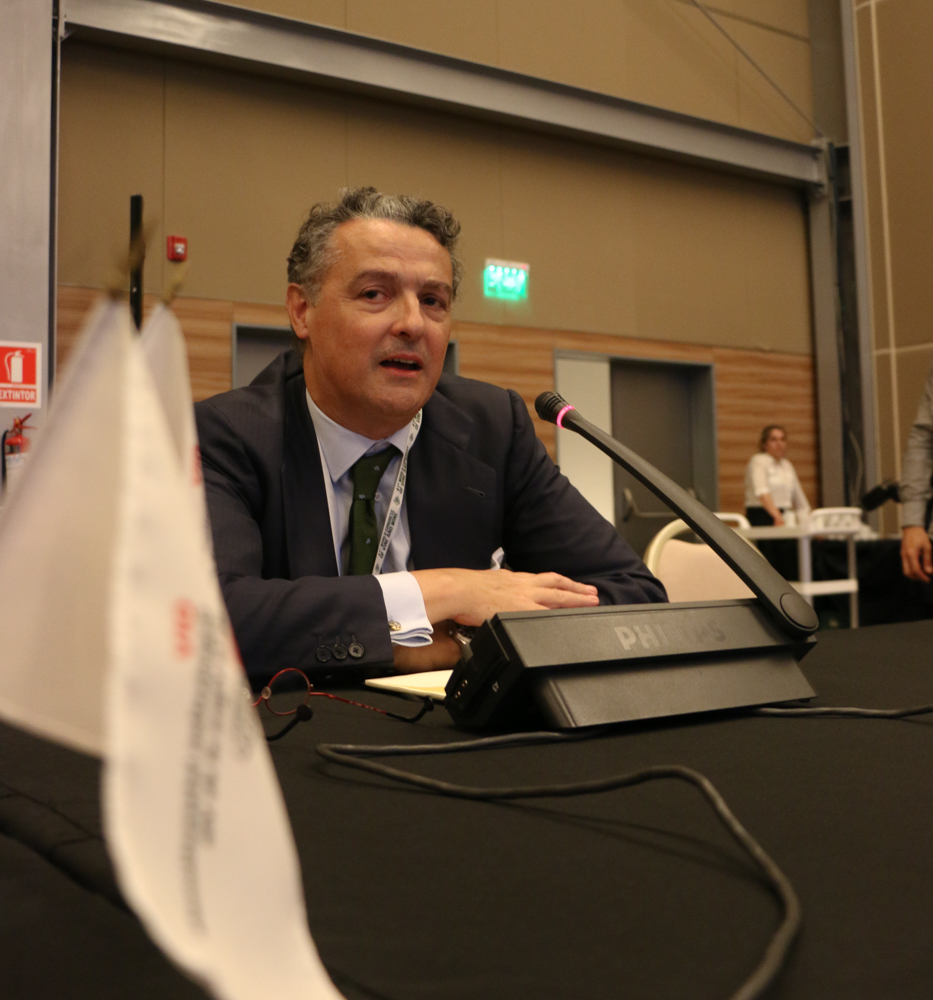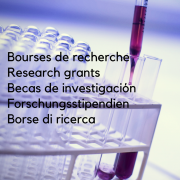
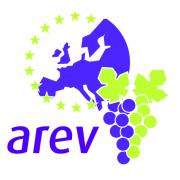
Many professional and representatives speakers hosted a reflection on the major challenges of the vitiviniculture sector in a European context marked by the reform of the Common Agricultural Policy (CAP) and of the Common Market Organisation for wine.
Jean-Marie Aurand, after a presentation of the OIV, returned this reflection to the global level by putting into perspective the broad evolutionary trends of the sector so as to better understand Europe’s place in this increasingly global market, where nearly 45% of wines cross a border before being consumed. He emphasised that Europe is very representative of the great diversity of products on offer (brands, geographical indications, vine varieties...) which characterise the global market and, paradoxically, assure it remains vibrant by responding to the needs of increasingly informed and demanding consumers.
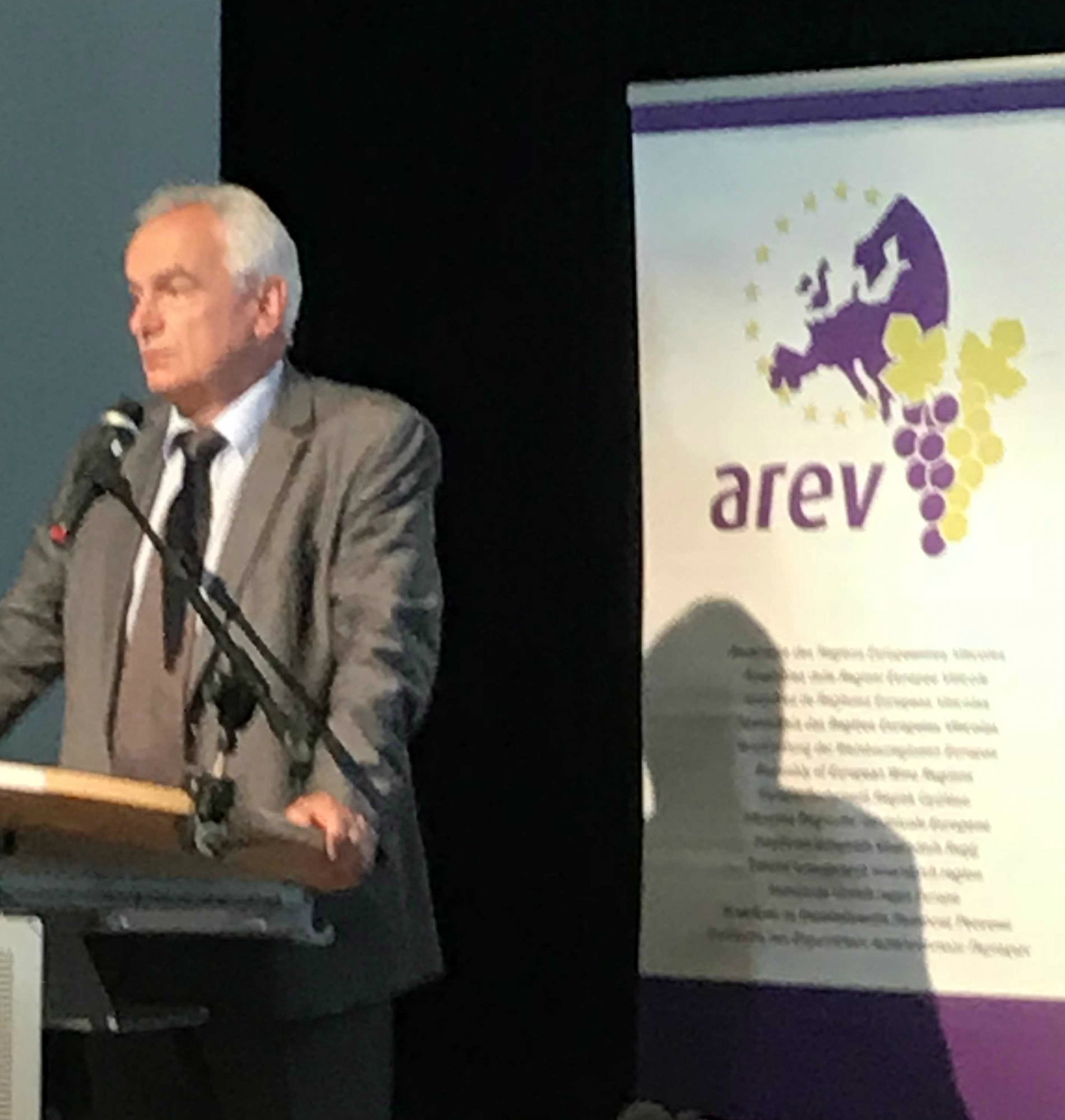
In order to be ready to meet this demand for authenticity, territorial origin, even for history and heritage, the Director General of the OIV emphasised the interest of regional and federal approaches promoted by the AREV in their different territorial, wine-tourism and cultural dimensions in combination with wine civilisation.
Finally, Jean-Marie Aurand recalled the role of the AREV which has for many years held observer status within the OIV and was happy to note the tightening of ties with this Assembly over the past few years.
The AREV is a forum which brings together the political representatives of around 75 regional European institutions and representatives of the professional world of the region. With the power of this double representation, the AREV serves all institutions and bodies directly or indirectly involved with European and global vitivinicultural policies. The AREV re-appointed Emiliano Garcia-Page Sánchez (President of the Castilla-La Mancha region) to his position as President, as well as Aly Leonardy of Luxembourg to his position as President of their Professional Council.

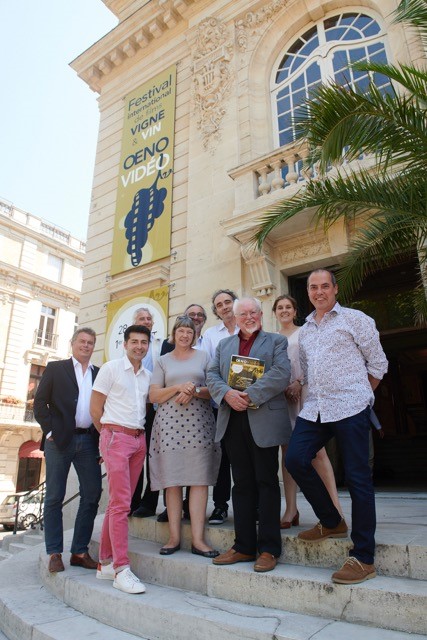
©LoïcLemahieu/AudreyMarcy
The Gabrielle Dorziat theatre in Epernay (listed as a historical monument) hosted 38 official projections, selected out of 128 films from 19 countries in the competition. This year’s festival confirmed its international scope, giving awards to productions from Chile, China, Spain, the United States, France, Great Britain, Italy and Lebanon. Consult the list of award winners (link in French).

©LoïcLemahieu/AudreyMarcy
A travelling festival since its creation, at the invitation of the Champagne Committee and the Town of Epernay, Oenovideo celebrated hitting the quarter-century mark toasting with the bubbles so characteristic of the region.
At the same time as the festival, the 13th Terroir d’Images exhibition (link in French) was presented in Reims (and is on until 13 July 2018) at the Maison Diocésaine Saint Sixte, under the theme of ‘Biodiversity from daybreak to moonrise in the vineyards and surroundings’ (Biodiversité : du jour naissant au clair de lune - Dans les vignes et alentours). Over 100 photos were selected out of 1500 photos from 15 countries in the competition. The Grand Prix winner will be revealed during the official awards ceremony, which will take place on Wednesday 17 October 2018 in the Palais du Luxembourg, in Paris.
Climate change and sustainability: a central theme for the films put forward
The OIV Press Officer, Daniela Costa, praised the quality of this year’s festival, marked by a common concern in all of the films presented: climate change and sustainability.
This is a priority issue for the OIV, as attested by the presence of ‘Promote sustainable vitiviniculture’ as one of the five strategic axes established for the OIV Strategic Plan 2015-2019. Additionally, in 2015 the OIV decided to restructure its working groups through the creation of a multidisciplinary, horizontal group – the ENVIRO Group – dedicated to the theme of ‘Sustainable development and climate change’.
Find out more about the work of the OIV on sustainable development and climate change:

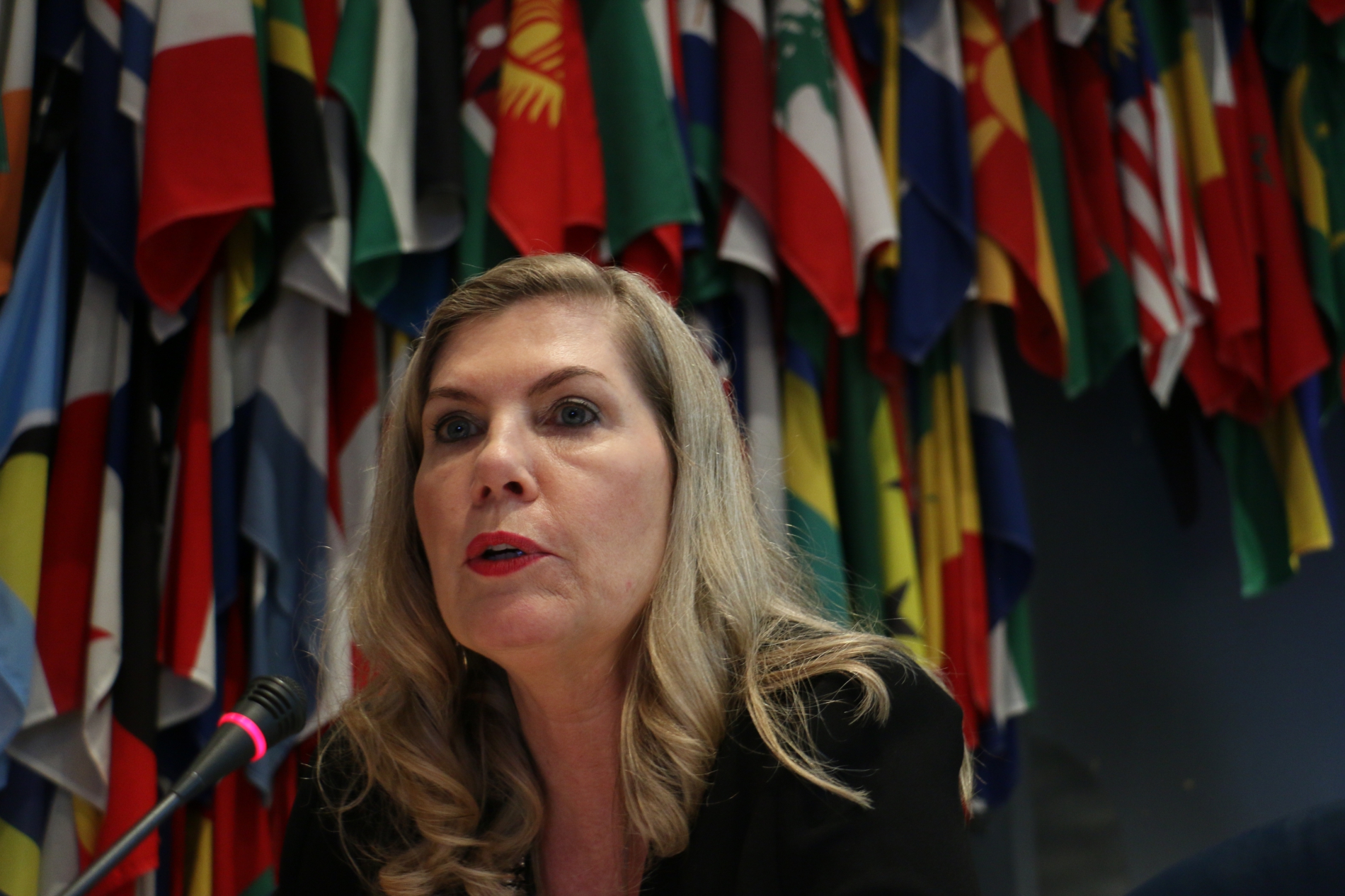
A Brazilian has been elected as President of the International Organisation of Vine and Wine for the next three years, succeeding Monika Christmann.
Régina VANDERLINDE, a professor of biotechnology at the University of Caxias do Sul has been elected by the Member States of the OIV for a mandate of three years.
Holding a doctorate in biological sciences with a focus in enology-ampélologie from the ‘Université de Bordeaux’ she has been a member of the Brazilian delegation to the OIV she also served as the Scientific Secretary of the Sub-commission for Methods of Analysis.
She is happy that South American viticulture has been recognised by the community of the OIV and is pleased to be the third consecutive female President of the OIV.
Here's a short video where the new president expresses her thanks to the member states and her future goals at the OIV presidency (in French and subtitled in English):
At this General Assembly the Presidents of the scientific bodies were also elected:
Commission I Viticulture
Vittorino NOVELLO (Italy) suceeds à Benjamin BOIS (France)
Commission II Enology
Dominique TUSSEAU (France) suceeds Luigi MOIO (Italy)
Commission III Law and Economy
Dimitar ANDREEVSKI (Bulgaria) suceeds Tony BATTAGLENE (Australia)
Commission IV Safety and Health
Gheorghe ARPENTIN (Moldavia) suceeds Nuria GARCIA TEJEDOR (Spain)
Sub-commission Methods of Analysis
Markus HERDERICH (Australia) suceeds Ondrej MIKES (Czech Republic)
Sub-commission Non-fermented products, table grapes and raisins
Alejandro MARIANETTI (Argentina) suceeds Luis PERES DE SOUSA (Portugal)

During the 16th General Assembly of the OIV in Punta del Este (Uruguay), the 47 Member States of the OIV have elected the next Director General of the OIV for a 5 year mandate from 2019-2023.
Pau Roca Blasco (Spain), currently the Secretary General of the Spanish Wine Federation, has been chosen to become the 10th Director of the OIV and to lead the Organisation towards the celebration of its centenary.
The first course of action Mr. Blasco has indicated is the creation of the new OIV Strategic Plan (2019-2024) via the expertise of OIV Experts, with which he is familiar being a member of the Spanish delegation since 1996 and also having served as the President of the Law and Consumer Information Experts Group.
